
Canada is taking a strong stand on a humanitarian issue, stepping out way in front of the rest of the world. The issue is Sri Lanka’s human rights abuses, and Canada, often seen as the most mild of countries, is upset that no one else is concerned about Sri Lanka hosting the biennial Commonwealth meeting:
“John Baird, Canada‘s foreign minister, said he was stunned that Colombo was not facing censure for its behaviour. ‘We’re appalled that Sri Lanka seems poised to host [the Commonwealth Heads of Government Meeting] and to be chair-in-residence of the Commonwealth for two years,’ he told the Guardian.”
Canada is threatening to boycott the meeting. This is especially striking as the current government has been doing everything it can to remind everyone of its British/colonial past, including putting the “Royal” back into the names of the air force and navy: the Royal Canadian Air Force and Royal Canadian Navy. So, the prospect of skipping out on a Commonwealth event is a big step for this Canadian government.
Sure, in the past Canada has taken the lead on other humanitarian issues, such as Responsibility to Protect [R2P] and the treaty on landmines. But this particular government, led by Stephen Harper, has been most reluctant to even mention R2P when it engages in efforts that might seem R2P-ish, such as the Libyan conflict in 2011.
Not to dismiss the importance of Sri Lanka’s human rights record, but there may be something more consistent in Canada’s stance here: ethnic politics. Sure, it could just be my cognitive bias based on my previous research stances, but playing up an anti-Sri Lanka stance is a way to appeal to a key voting bloc in Canada: Tamil Canadians. This would not be the first time that Canada has taken a surprising position on this part of the world, as Canada was perhaps the last developed democracy to list the Tamil Tigers as a terrorist group. Indeed, a government official recently lamented that decision in front of… a group of Tamil Canadians.
This gets to a larger issue for observers of violent conflict. There are many, many potential causes for individuals, groups, and countries to take as their own, but everyone has finite time and political capital. So, we need to ask why countries, in particular, but also non-governmental actors make particular issues their priorities. My claim has always been that the international issues that often resonate most at home are those places and those sides with which key constituents have ethnic ties. So, I cannot help but notice that Canadian parties have been pandering to the Tamil Canadians for quite some time, and now we see Canada standing alone among the Commonwealth countries in its criticism of Sri Lanka.
Now, if I can only figure out Harper’s obsession with Iran. Anyhow, this Canadian tale matters beyond Canada because it reminds us that even relatively small ethnic groups can shape foreign policy if they occupy key districts and especially if they are willing to swing their vote depending on how much fealty the parties show to the group.

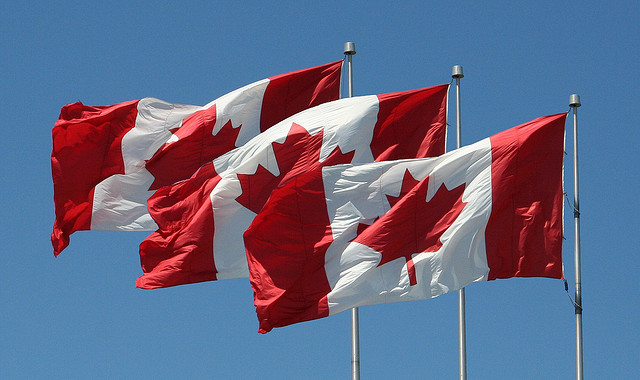

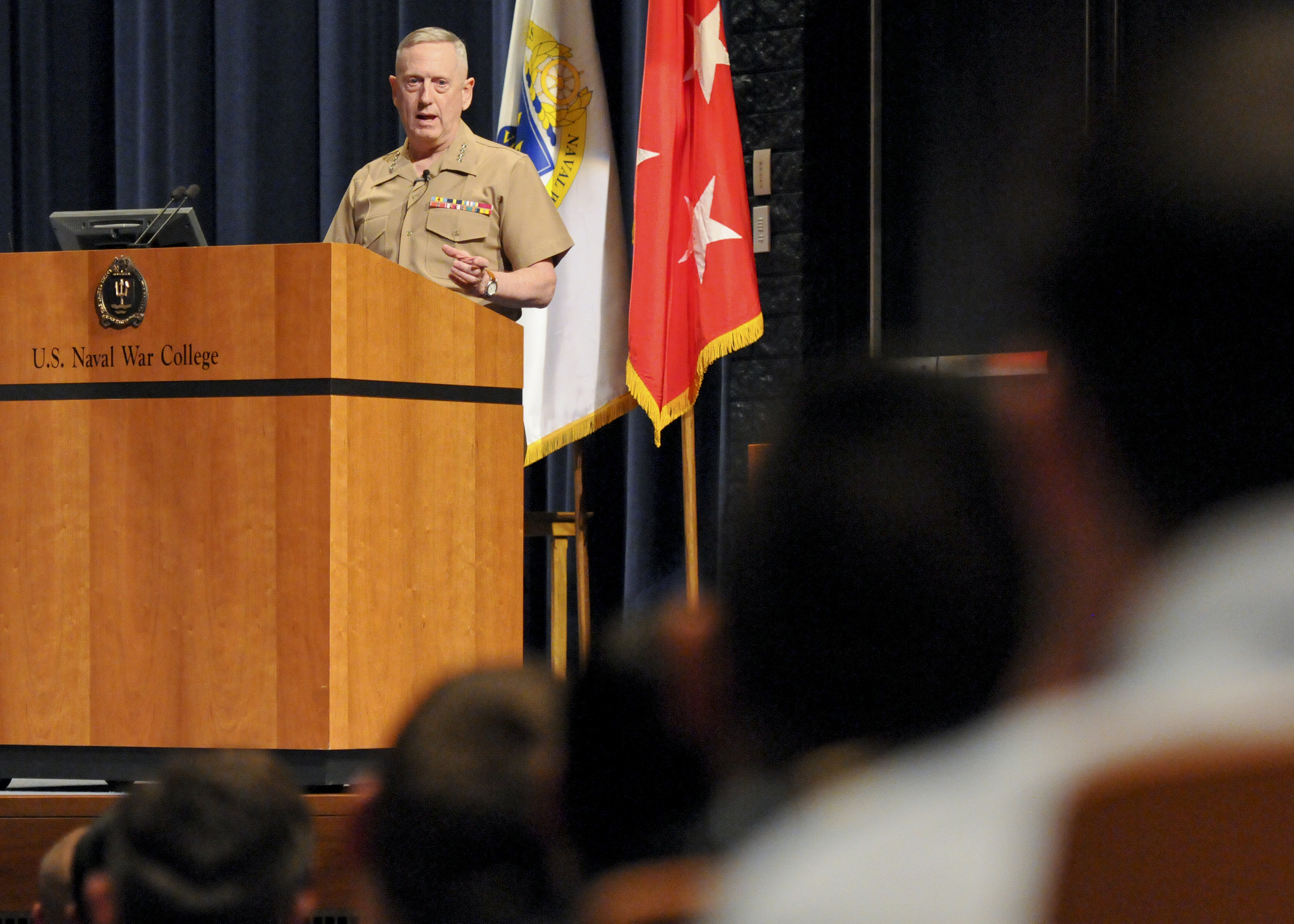
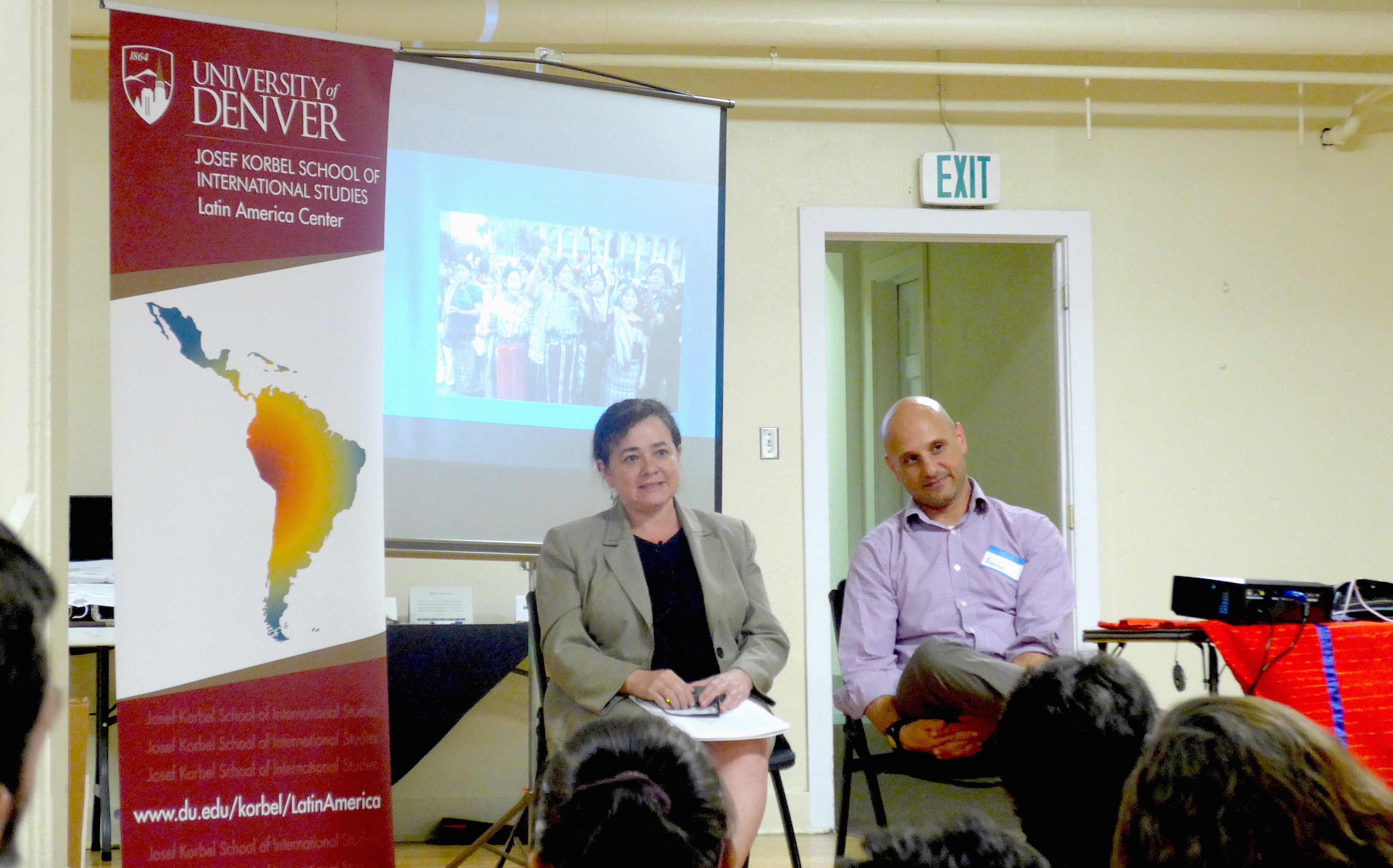
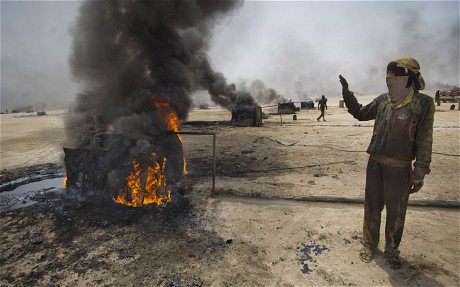

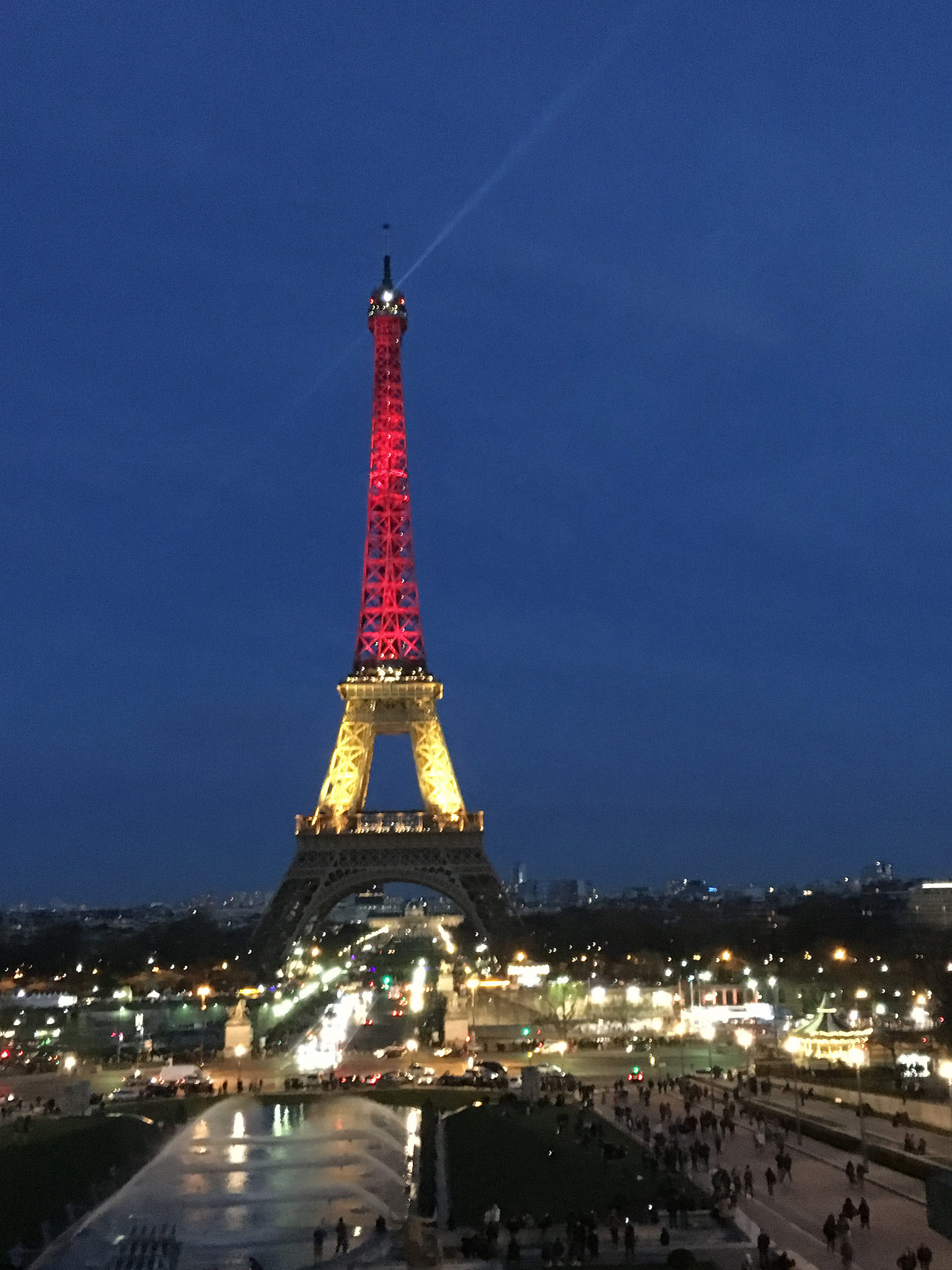
3 comments
Tamils:Canada::X:United States
X = Cuban Floridians?